Table Of Content
High blood pressure, also known as hypertension, is a prevalent condition characterized by elevated blood flow pressure through the arteries. It is essential to understand the best herbal tea for high blood pressure and the factors and types of tea that can potentially help manage this condition.
This article aims to shed light on high blood pressure, the benefits of herbal teas, and the importance of consulting with a healthcare professional. Let’s delve into the world’s best herbal tea for high blood pressure and its potential role in managing hypertension.
Understanding High Blood Pressure
High blood pressure is determined by two numbers: systolic blood pressure (SBP) and diastolic blood pressure (DBP). The SBP represents the pressure exerted by your heart’s ventricles when pumping blood, while the DBP signifies the pressure between heartbeats as the heart fills with blood.
Typically, normal blood pressure for most adults is below 120/80 mm Hg (millimeters of mercury), with 120 being the SBP and 80 being the DBP. Readings consistently above 130 mm Hg systolic or 80 mm Hg diastolic are considered high blood pressure.
BP Max-Natural Treatment For High Blood Pressure
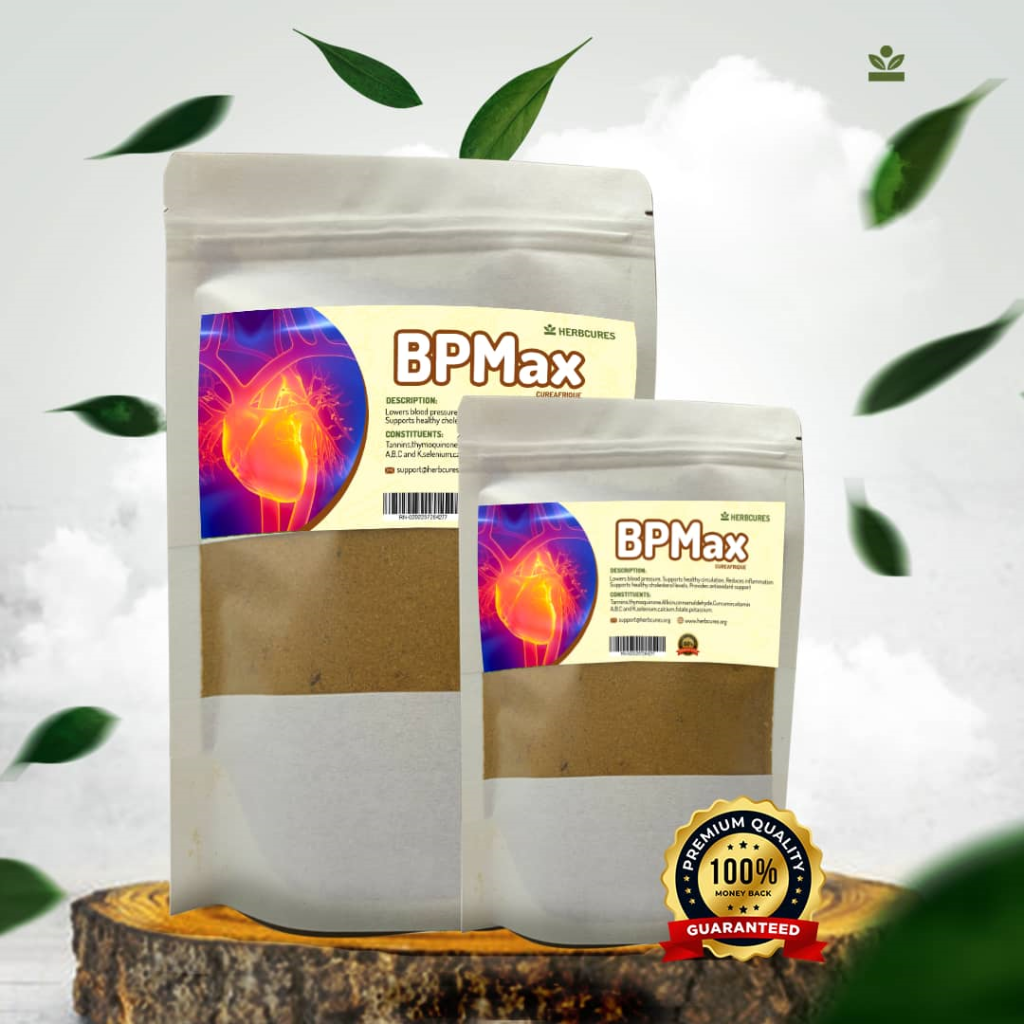
Discover the revolutionary treatment for high blood pressure, a natural and effective solution for your cardiovascular well-being. Our unique remedy, made exclusively from African plants and barks, offers a holistic approach to regulating your blood pressure and improving your quality of life. This is a product that contains natural herbs it is the best herbal tea for high blood pressure
Prevalence of High Blood Pressure
Hypertension affects a significant portion of the American population. Shockingly, nearly 50% of adults in the United States have hypertension or are taking medication to manage it. What’s more concerning is that approximately one in three adults with hypertension are unaware of their condition and are not receiving appropriate treatment. In 2019 alone, hypertension was a leading or contributing cause of death for over 515,000 individuals in the US.
Natural Remedies to Improve Heart Health
High blood pressure, also known as hypertension, is a common health condition that affects many individuals worldwide. While there are various medications available to manage blood pressure, some individuals prefer natural remedies.
Drinking tea is one such natural approach that can aid in reducing blood pressure levels. Herbal teas, in particular, offer a soothing and relaxing experience while providing potential benefits for hypertension. In this article, we will explore the advantages of herbal teas and their effectiveness in lowering blood pressure. Best herbal tea for high blood pressure.
Exploring Herbal Teas for High Blood Pressure
When it comes to herbal teas that may assist in reducing hypertension, several varieties have shown promising results in research studies. While it is important to note that more conclusive evidence is required, let’s take a closer look at some herbal teas that have been studied:
1. Green Tea
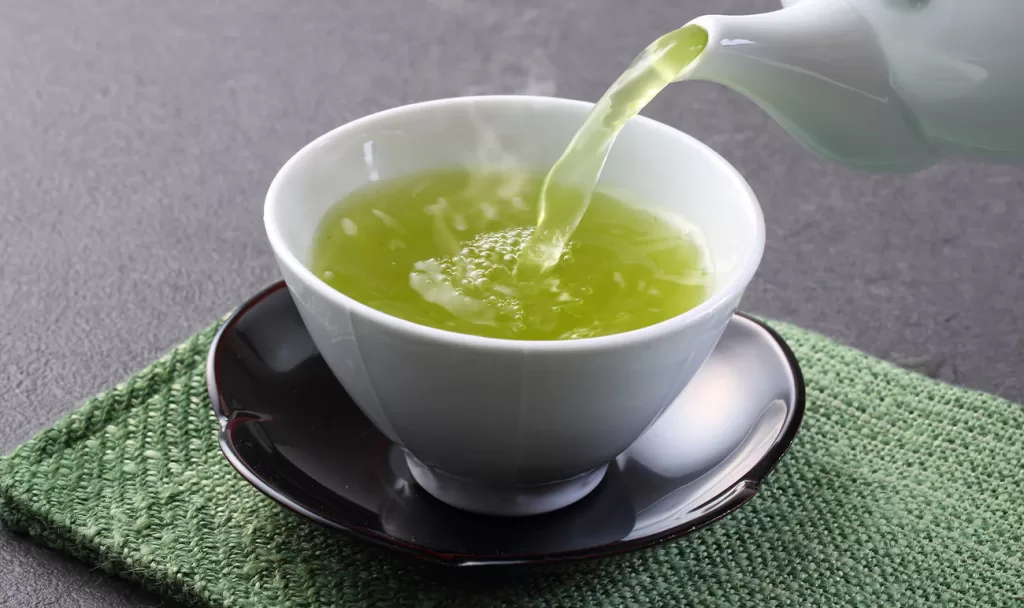
A meta-analysis suggests that green tea consumption significantly decreases both SBP and DBP. However, it is important to approach these results as promising rather than definitive due to certain limitations within the analysis of the best herbal tea for high blood pressure.
2. Black Tea
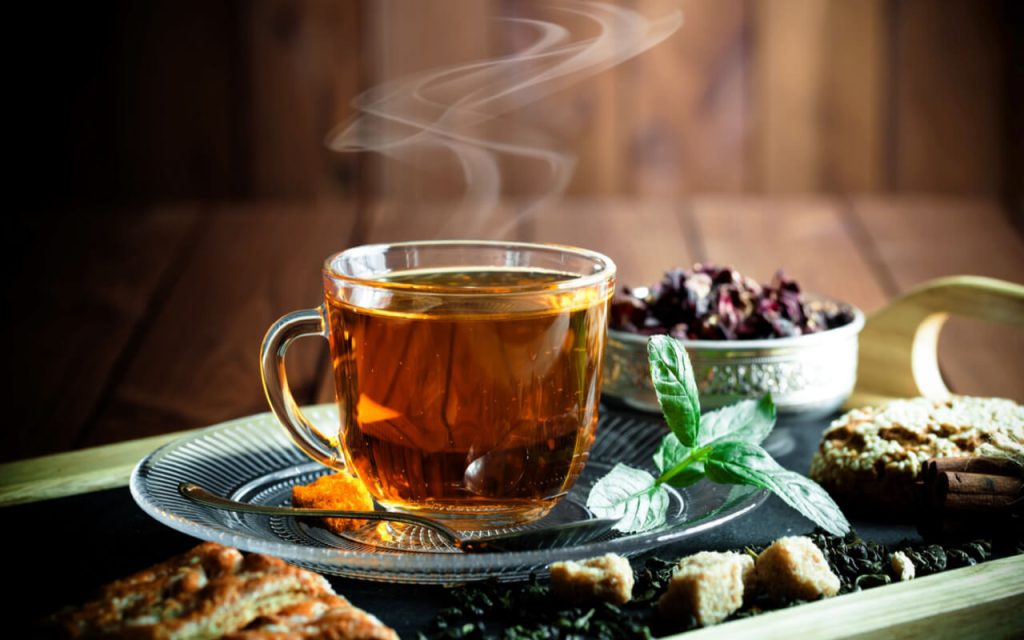
Research indicates that black tea may help reduce blood pressure and possess properties beneficial to heart health. However, further studies are required to fully understand its effects on hypertension the best herbal tea for high blood pressure.
3. Hibiscus Tea
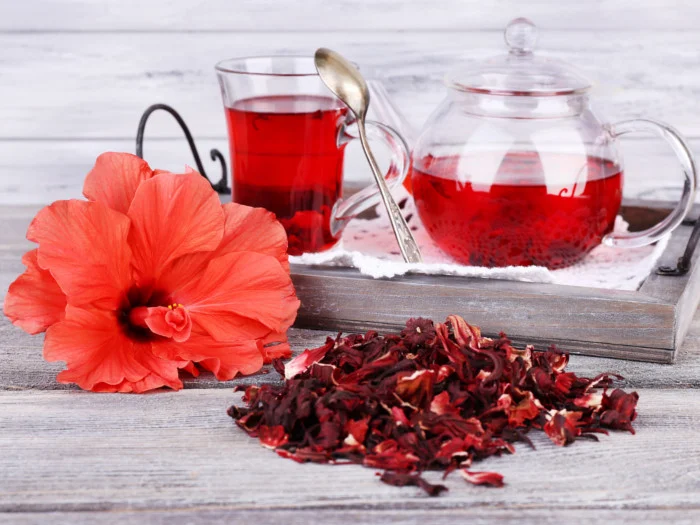
Another meta-analysis showcases the effectiveness of Hibiscus sabdariffa L. in lowering SBP and DBP. Clinical trials have also supported the hypotensive effect of Hibiscus sabdariffa L. extract, leading to a significant reduction in both SBP and DBP the best herbal tea for high blood pressure.
4. Oolong Tea
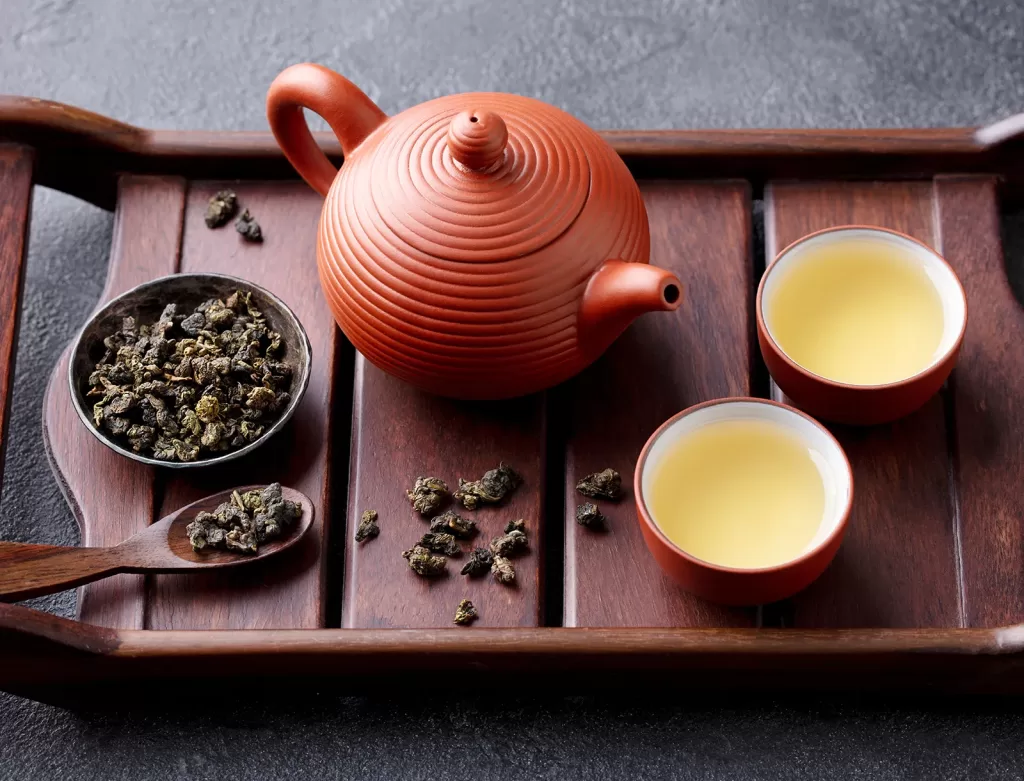
While oolong tea’s impact on blood pressure requires further investigation, its antioxidant properties, similar to green and black teas, suggest that it may also have potential benefits for hypertension the best herbal tea for high blood pressure
5. Ginger Tea: best herbal tea for high blood pressure
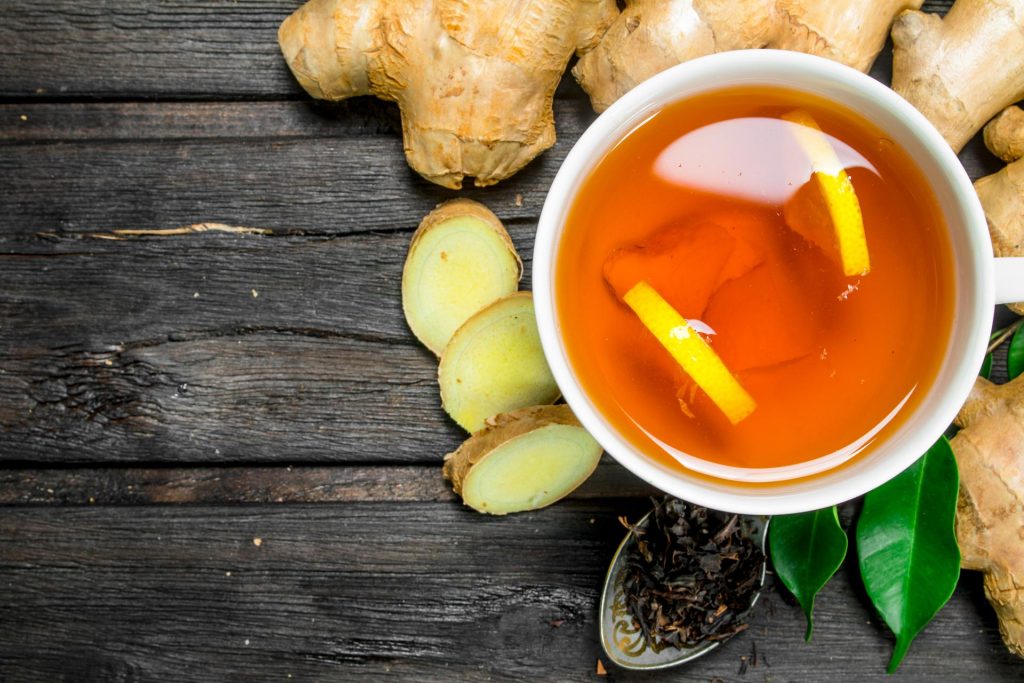
A Natural Anti-Inflammatory Agent Ginger tea is another excellent option for individuals with high blood pressure. Ginger possesses natural anti-inflammatory properties that help improve blood circulation. By incorporating ginger tea into your routine, you can lower blood pressure and enhance overall heart health. Enjoy ginger tea as a warm or cold beverage, whichever you prefer.
6. Garlic Tea: best herbal tea for high blood pressure
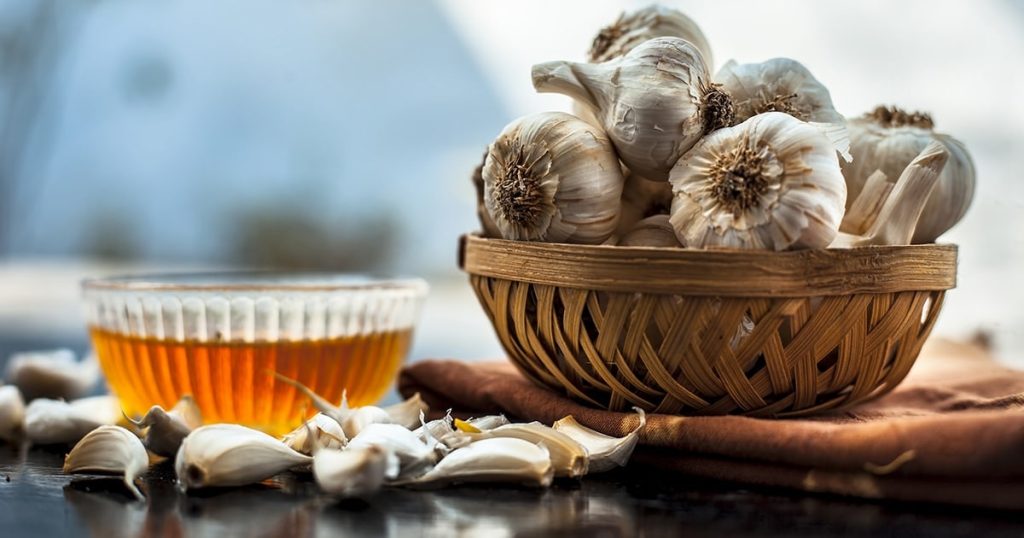
Boosting Heart Health Naturally Garlic tea is a beneficial option for those seeking to manage high blood pressure. Garlic, known for its anti-inflammatory effects, aids in improving blood circulation. This tea contributes to lowering blood pressure and supporting overall heart health. Preparing garlic tea is simple, and you can adjust the taste according to your preference by adding other herbs or spices.
7. Lavender Tea: best herbal tea for high blood pressure
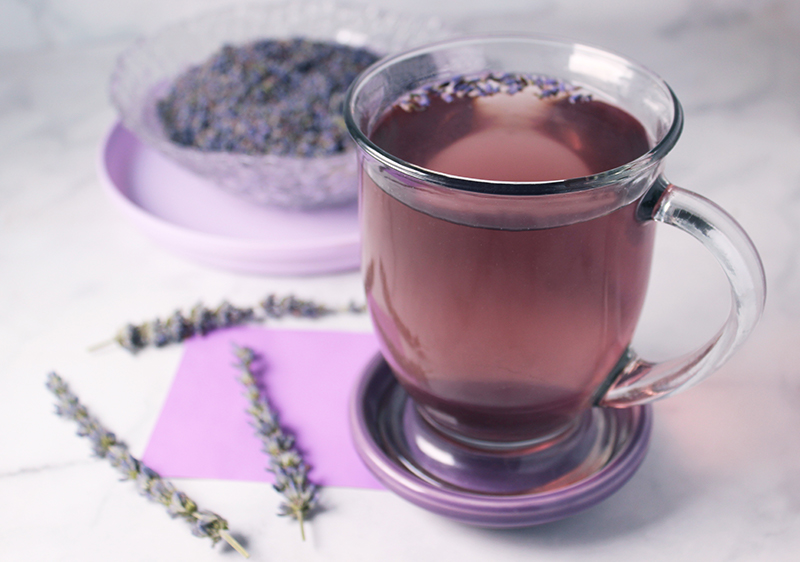
Soothe Your Mind and Body If you’re looking to calm your mind and body, lavender tea is an ideal choice. Lavender acts as a natural relaxant and can help lower blood pressure. By incorporating lavender tea into your routine, you can promote overall heart health. Preparing lavender tea is quick and easy, ensuring a hassle-free experience.
8. Lemon Tea: best herbal tea for high blood pressure

Lemon Tea: A Refreshing Antioxidant Boost Lemon tea offers a refreshing and invigorating option for individuals with high blood pressure. Packed with natural antioxidants, lemon helps improve blood circulation. By consuming lemon tea regularly, you can lower blood pressure levels and support heart health. This versatile tea can be enjoyed hot or cold, depending on your preference.
The Relationship between Tea and Blood Pressure
Researchers have explored the impact of tea on regulating blood pressure and have linked the beneficial effects of tea to its rich content of polyphenolic substances or flavonoids. Flavonoids play a crucial role in controlling and treating hypertension.
Both black and green teas are derived from the leaves of the Camellia sinensis shrub. Green tea, being unfermented, contains higher levels of antioxidants compared to black tea, which undergoes fermentation, resulting in decreased antioxidant levels.
Certain polyphenols found in black and green teas, such as catechins, have been found to relax the smooth muscles lining blood vessels, potentially leading to lower blood pressure. Additionally, tea contains L-theanine, an amino acid that has been proven to decrease blood pressure in individuals under stress.
Consulting with Your Doctor about Herbal Tea for High Blood Pressure
Before incorporating herbal teas into your routine for managing high blood pressure, it is crucial to consult with your doctor or healthcare professional. Several factors necessitate this discussion:
1. Caffeine Content
Herbal teas, including green tea, are the best herbal tea for high blood pressure and may contain caffeine. For individuals unaccustomed to caffeine consumption, it can temporarily increase blood pressure. However, there is no substantial evidence suggesting that herbal tea will elevate blood pressure in the long term
2. Medication Interactions
Research has indicated that certain herbal supplements, including green tea, which is one of the best herbal tea for high blood pressure can interact with prescribed medications, potentially diminishing their effectiveness or leading to harmful effects.
Medications such as antibiotics, adenosine, ephedrine, and carbamazepine may be impacted by caffeine present in black tea. It is vital for individuals on high blood pressure medication to consult with their doctors regarding their caffeine intake from tea and other sources.
3. Potential Toxic Elements
All types of brewed tea contain minerals that can be toxic when consumed in excess. For instance, aluminum and lead may be found in tea, and prolonged exposure to high levels of these elements can be harmful. Certain herbal teas, such as those with black tea or high manganese content, may pose risks if consumed excessively. best herbal tea for high blood pressure Brewing tea for no longer than three minutes can help reduce the concentration of toxic elements,
While dealing with a hypertension diagnosis may be challenging, it is a manageable condition through medication, exercise, and lifestyle changes. Incorporating herbal teas into your routine, after consulting with your doctor, may offer additional benefits in managing blood pressure levels.
It is crucial to enjoy tea in moderation due to the caffeine content present in most varieties. Remember, tea can be a valuable addition to a healthy lifestyle, and discussing its suitability with your healthcare professional is essential. Prioritize your health, manage your blood pressure, and savor the flavors of herbal teas responsibly.
4. Seek professional advice

Seek Professional Advice While herbal teas may offer potential benefits for managing blood pressure, it is crucial to consult with your doctor if you have concerns. Your doctor can provide personalized advice on managing your blood pressure effectively and determine if incorporating tea into your routine is suitable for you.
Conclusion: Drinking tea can be a delightful and natural way to reduce high blood pressure. Herbal teas, such as hibiscus, ginger, garlic, lavender, lemon, and chamomile, are known for their blood pressure-lowering properties. These teas, packed with antioxidants and other beneficial compounds, can improve heart health and promote overall well-being. However, it is important to remember that individual results may vary, and it is best to consult with a healthcare professional for personalized guidance. Embrace the power of tea as a soothing and health-enhancing beverage, and enjoy the potential benefits it offers for your blood pressure management journey.
For any more info click here.
